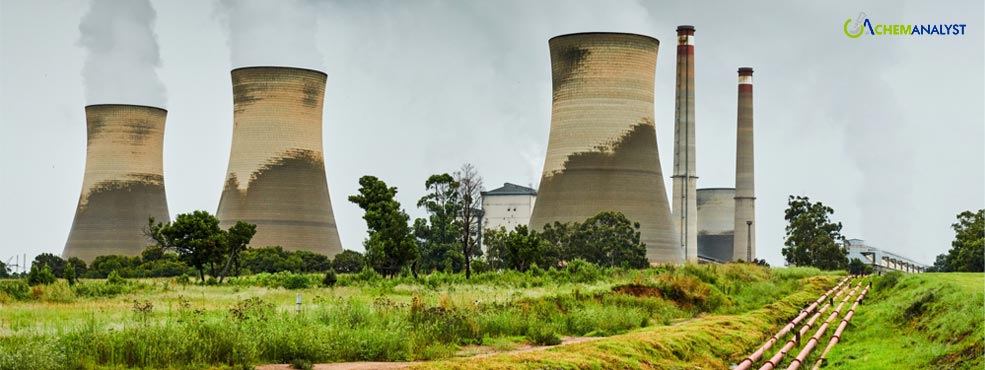Welcome To ChemAnalyst

South Africa's presidential office, responsible for managing a $9.3 billion climate finance initiative, expressed confidence in the country's ability to meet its greenhouse gas emission reduction targets despite its decision to keep coal-fired plants operational. In 2021, South Africa secured funding from some of the world's wealthiest nations under a deal that required the country, ranked as the 15th-largest emitter of climate-warming gases, to begin shutting down its coal-fired plants. However, amidst an ongoing energy supply crisis, South Africa has yet to close any plants as per the agreement or commit to definitive decommissioning dates.
The climate agreement, known as the Just Energy Transition Partnership (JETP), serves as a blueprint for similar pacts being negotiated with other nations such as Indonesia, Vietnam, and Senegal. South Africa heavily relies on a fleet of 14 coal-fired power plants operated by the state utility, providing over 80% of its power supply. However, these aging plants have become increasingly unreliable due to a lack of maintenance, resulting in frequent power cuts lasting more than 10 hours per day, severely impacting the economy and deterring investment.
Despite facing challenges, a Treasury official from the United States voiced apprehension that postponements in establishing decommissioning schedules might imperil South Africa's capacity to achieve its emission reduction objectives delineated in its NDC presented to the UN. The US, in conjunction with the UK, Germany, France, the European Union, the Netherlands, and Denmark, constitutes a component of the JETP accord. South Africa's ambition is to diminish its carbon dioxide emissions to a range of 350 million to 420 million tons by 2030, as stipulated by its NDC goal.
Efforts are underway to address the closure of Eskom's Camden and Hendrina power plants by developing plans for alternative employment opportunities and potentially transitioning to renewable energy sources. Funding proposals for these programs are expected to be submitted by October, although closure dates have yet to be finalized. The earlier closure of the Komati power plant using funds from the World Bank and the Canadian government, instead of JETP funds, has faced criticism due to its impact on the local community.
Additionally, the Project Management Unit is exploring solutions to enable Eskom to access concessional finance from JETP partners, allowing the utility to invest in transmission infrastructure. The US Treasury official noted that $2.5 billion in concessional loans are available for Eskom's transmission investments. Furthermore, efforts are underway to appoint institutions to oversee various JETP priorities, including green hydrogen production and skills development, with the government's Industrial Development Corp. potentially leading the green hydrogen program.
Funding may also be allocated to improve South Africa's rail network to reduce truck traffic on roads, thereby enhancing transportation efficiency and reducing carbon emissions.
We use cookies to deliver the best possible experience on our website. To learn more, visit our Privacy Policy. By continuing to use this site or by closing this box, you consent to our use of cookies. More info.
